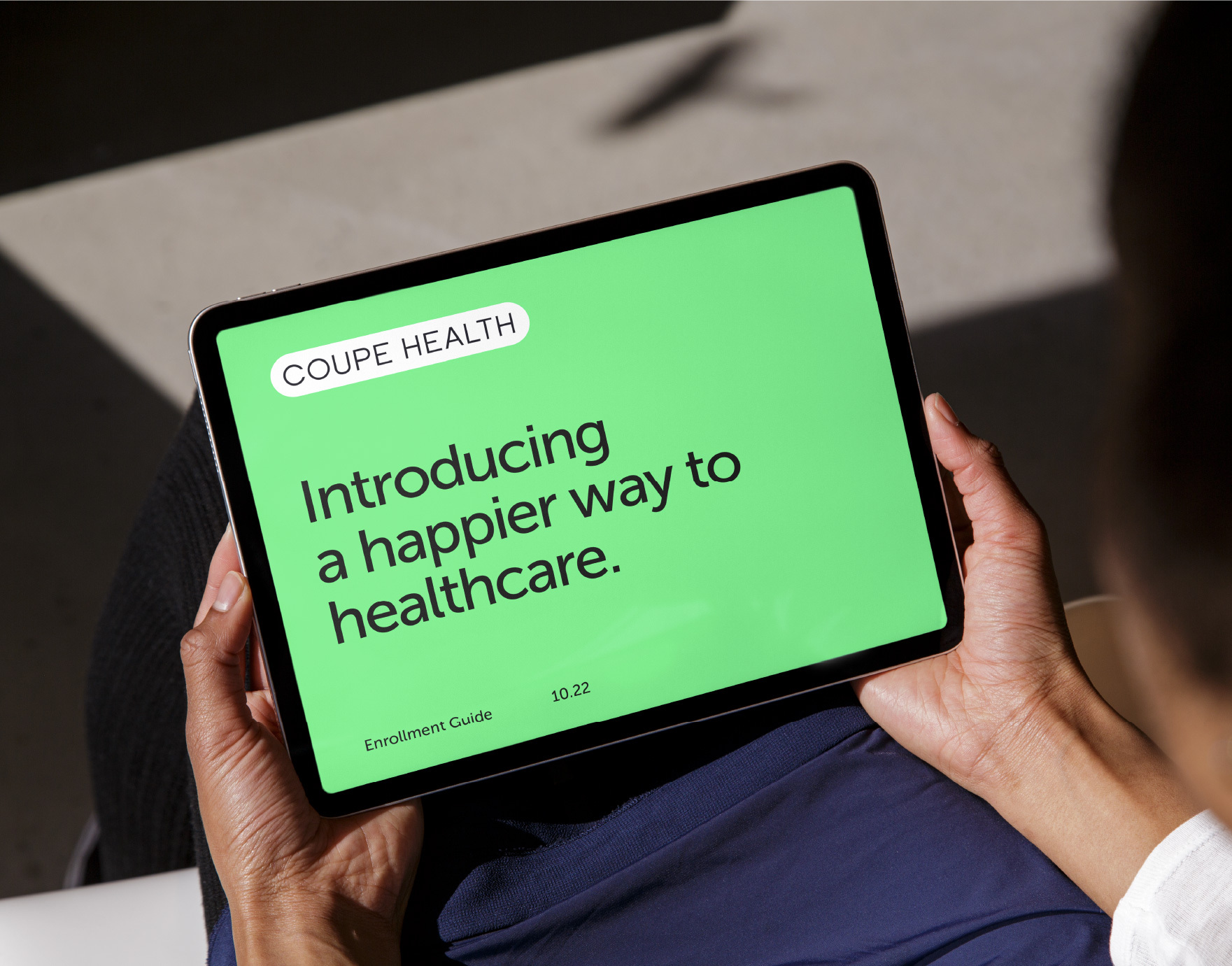A CMO’s Guide to Brand & Digital Marketing in the Era of AI

The Only Constant is Change. Now it’s Powered by AI.
The rules of digital marketing are being rewritten again. The rise of generative AI tools and AI marketing agencies is tempting CMOs with the promise of instant content, automated strategy, and effortless scale. But before you hand your brand over to the algorithm, let’s take a step back.
Not all AI is created equal. And not all agencies can adapt fast enough.
The question today isn’t whether to use AI, it’s how and when. Should you trust an AI marketing plan generator? How does AI compare to a traditional agency? Can AI for market research actually produce strategic insights? And most importantly, what does AI mean for the quality of your brand? This guide aims to answer those questions and help you confidently lead your brand into this next era of marketing.
Download this Article as a PDF:
What “Digital Marketing Solutions” Means in an AI-Driven Era
Digital marketing solutions used to mean a toolkit: email, social, SEO, ads. Today, it means strategy, tools, and execution augmented by intelligent systems. Those systems include predictive analytics, personalization at scale, and algorithmic media buying.
But here’s the catch: AI has commoditized execution. It hasn’t replaced judgment. That’s why the CMOs leading successful brands still focus on:
- Brand integrity across channels
- Human-led storytelling
- Customer intimacy, not just customer data
To win, your digital marketing strategy must layer AI capabilities on top of a strong brand foundation. For more, read Why Most Digital Marketing Campaigns Underperform.
The New Digital Marketing Stack
In 2025, a modern digital marketing solution blends:
- CRM tools like HubSpot are now integrated with AI
- Predictive lead scoring
- AI-assisted content creation tools (e.g., Jasper, Copy.ai)
- SEO strategy driven by market data and intent modeling
- Attribution modeling tools to identify true ROI
CMOs must view these tools as a means to an end, not the end itself. What matters is how these technologies are orchestrated into a coherent customer journey. Implementing all of these well requires a strategic roadmap. For instance, we’ve written about HubSpot Implementation That Works because the platform alone doesn’t solve marketing; execution does.
AI vs. Marketing Agencies: What’s Better for Your Brand?
There’s a growing narrative: replace your agency with AI. But CMOs who’ve tried this path know that AI can accelerate, but not lead.
What AI Can Do:
- Generate content at scale
- Optimize campaigns via A/B testing and data trends
- Perform keyword research and trend analysis faster than humans
What Agencies Still Do Better:
- Build a long-term strategy that aligns with business goals
- Act as a creative partner in brand development
- Serve as a strategic sounding board for cross-functional decisions
The best agencies today are evolving. They’re building AI into their workflows but not letting it steer the ship. Take a firm stance here: AI is not a substitute for strategic leadership. Brands that chase automation over alignment may win short-term clicks but lose long-term relevance.
How to Use AI for Market Research Without Losing the Plot
Let’s be real: traditional market research is slow and expensive. That’s why more brands are turning to AI for market research. Tools now exist to:
- Analyze social listening data in real-time
- Discover sentiment patterns
- Identify emerging customer needs
- Cluster feedback into digestible themes
But here’s the problem: AI can surface insights, but it can’t tell you which insights matter. Only experienced strategists—often within your agency or team—can apply those insights in context.
Don’t Mistake Data for Decisions
One example: AI might identify that Gen Z prefers "authentic content." But without human interpretation, that insight can lead to ineffective campaigns based on stereotypes or superficial tone shifts. Instead, use AI as your signal finder. Let your strategy team interpret the signal. Think of AI like a microscope. It reveals detail, but only a skilled researcher knows what they’re looking at.
The AI Marketing Plan Generator Trap
Google "AI marketing plan generator" and you’ll get thousands of hits. Tempting, right? A complete strategy in minutes? Here’s why that’s dangerous:
- AI plans are based on averages, not your brand
- They prioritize output, not outcomes
- They can’t navigate internal stakeholder dynamics
- They ignore nuances like budget shifts, political headwinds, or team capability
Use them as idea starters, but always bring in strategic oversight.
What a Real Marketing Plan Requires
- Internal stakeholder alignment
- Capacity planning
- KPI tracking and iteration
- Cross-channel coherence
- Clear roles and accountability
Want to build a marketing plan that actually scales? See our Practical Guide to Scaling Your Brand with HubSpot Inbound Marketing.
The Rise of the AI Marketing Agency: What to Look For
If you’re going to hire an AI marketing agency, look beyond the tech stack. Look for:
- Proven frameworks for using AI ethically and effectively
- Human-led QA processes to ensure brand safety
- Experience with platforms like HubSpot, where AI is increasingly integrated into CRM and content workflows
- Ongoing performance analysis and strategic iteration
The best AI marketing agencies aren’t just fluent in prompts—they’re fluent in people.
AI is the tool. Strategy is the differentiator. And strategy comes from humans with experience, not algorithms trained on outdated web content.
What CMOs Need to Prioritize in the AI Era
- Quality Over Quantity
AI will tempt you to publish more, faster. Resist. Focus on signal-rich content that aligns with your brand. - Operational Alignment
Make sure your marketing ops team is trained on new tools. AI can create chaos if your systems aren’t ready. - Experimentation Culture
AI enables rapid testing. Build a culture of learning and iteration. Use AI to test messaging, CTAs, visuals, and more. - Content Governance
AI can hallucinate. Ensure that your brand voice, tone, and compliance rules are consistently enforced. Create editorial guardrails. - Customer-Centered Insights
Don’t lose the customer in the quest for automation. AI should support empathy, not erase it.
Marketing With Intelligence (Not Just Artificial)
The CMO’s job is harder than ever—and more valuable. You sit at the intersection of growth, data, and experience. AI won’t replace that role. It will amplify it. But only if you remain grounded in the fundamentals:
- Strategy before software
- Brand before bandwidth
- Quality before quantity
AI is a powerful tool. But it needs human leadership. That’s you. CMOs who adopt AI thoughtfully—not blindly—will build brands that scale with speed and soul.


